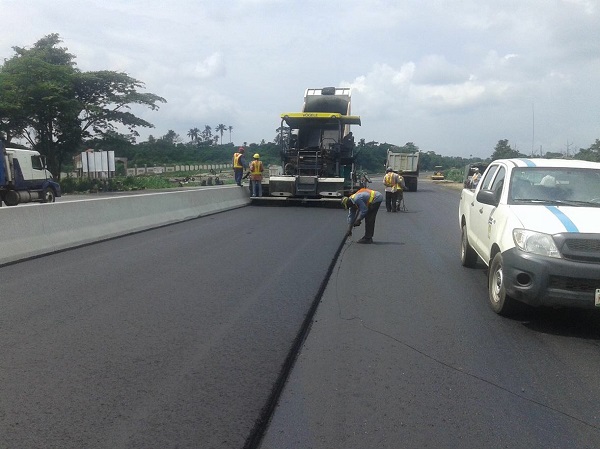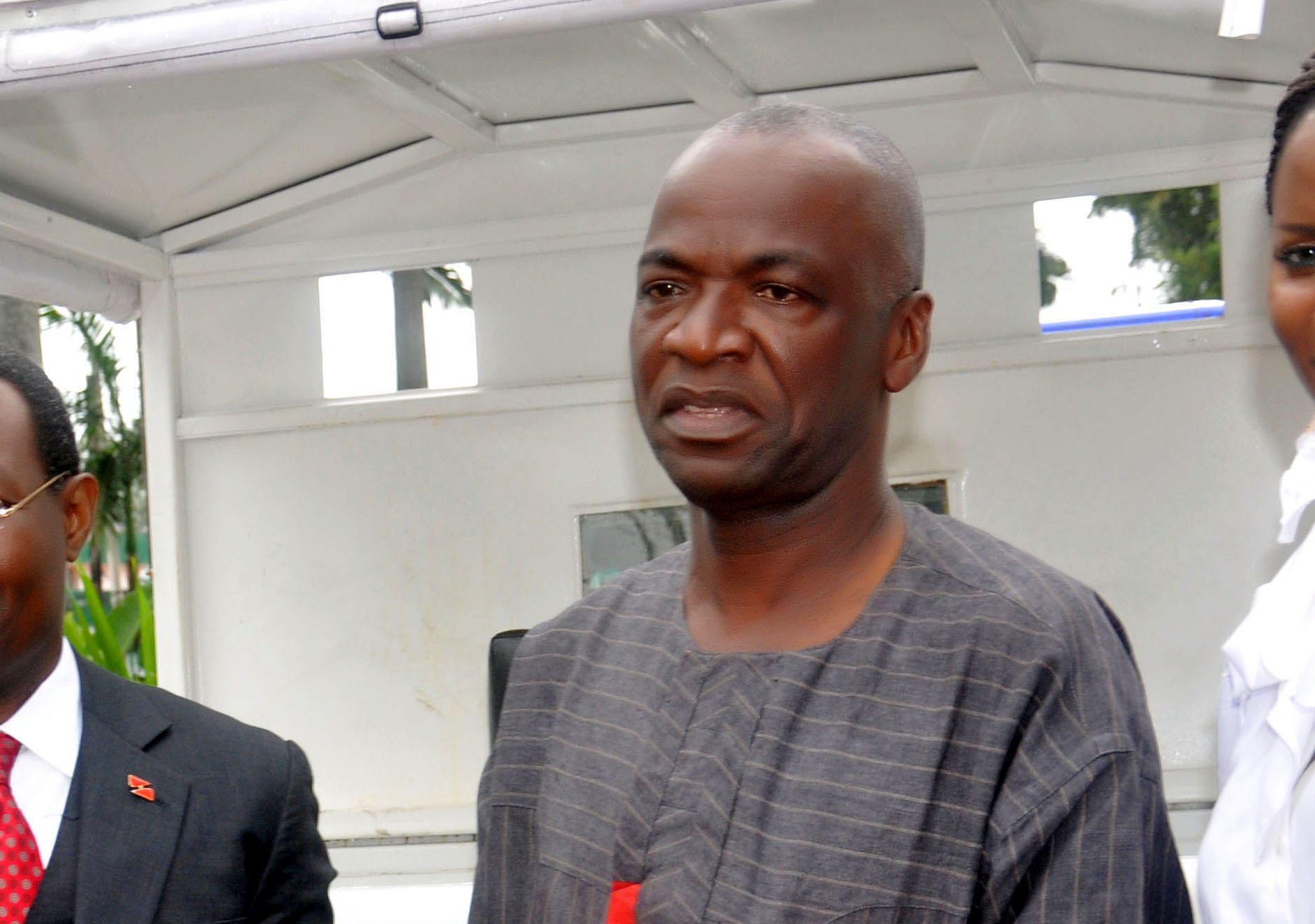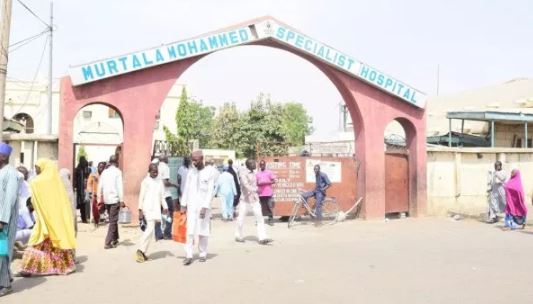The ongoing Lagos-Ibadan highway dual carriageway project is said to have reached 58.27 percent completion and created over 4,500 direct and indirect jobs.
The contractors handling the project disclosed this when Lai Mohammed, minister of information and culture, inspected the 127km road.
Julius Berger Nigeria Plc is handling Lagos to Shagamu, while the second section of the road from Shagamu to Ibadan is being handled by Reynoid Construction Company (RCC).
Julius Berger’s section one has a total of 43km with total contract sum of over N134 billion, while section two by RCC spans 84km with over N96 billion contract sum.
Advertisement
Lai explained that the Berger section of the road contract with 43km had a higher contract sum than the RCC’s section with 84km, because, according to him, the Lagos to Shagamu exchange carried 70 percent of the traffic on the Lagos-Ibadan highway.
He added that the section one was significant and different in many effects, in terms of traffic, schools, churches, bridges, interchanges and pedestrian crossing.
“Some 70% of the traffic coming to Lagos is from the Lagos-Shagamu Exchange, which explains why the Lagos-Shagamu comprises three lanes on each side while the Shagamu-Ibadan comprises two lanes on each side,” Mohammed said.
Advertisement
Addressing the minister at the Shagamu interchange of the road in Ogun state, Naor Narkisi, RCC project manager, said the project had reached 58.27 per cent completion.
Speaking specifically on the section being handled by RCC, Narkisi said that 57km length of asphalt had been laid with an aggregate of 23,347 tons of bitumen and 18,730 tons of cement used.
He said 770,21 tons of reinforcement was used while they had constructed two bridges on the road.
On the workforce, he said RCC engaged 12 expatriates working on the site with 748 direct labour and 3740 indirect manpower.
Advertisement
Narkisi expressed confidence that if they could not deliver the road by the end of the year, substantial work would have been done.
On his part, Wolfgang Loesser, Julius Berger project manager, said the company would resume fully on site in two days, first, with works on drainage system and traffic control.
He said so far, 17km of three lanes on each side of the road had been fully completed.
Commenting on the traffic experiences at the Redeemed Christian Church of God (RCCG) camp axis of the road, Loesser said a large interchange would be constructed for control.
Advertisement
“Every Friday, there is a big church gathering in that axis and hundreds of thousands of people are coming there with their cars,” Loesser said.
“There will be a very big interchange in order to stop the clogging which happens every Friday and, therefore, accommodate the church goers.
Advertisement
“The exchange will allow them to do a U-turn, while those going straight will not be obstructed,’’ he said.
The project manager said that the thickness of the road was a new design jointly made by his company and RCC with “additional 15cm tough asphalt layer below the normal asphalt layers’’.
Advertisement
Loesser said it was the first time the special asphalt mixture was being used in road construction in Nigeria and it was done to reinforce the road against damages by heavy duty lorries, trucks and tankers.
“You have the double width of thickness of the base course while the asphalt and mixture have been modified,” he said.
Advertisement
“Normally, in Nigeria’s road construction, you build with 25cm of base course and the asphalt layers, but in this new design, we have 40cm.
“We carried out a lot of laboratory tests to modify the bitumen to prevent rotten caused by heavy trucks and articulated vehicles.”
On the lifespan of the road, he said it was designed for a period of 20 years.
Add a comment






